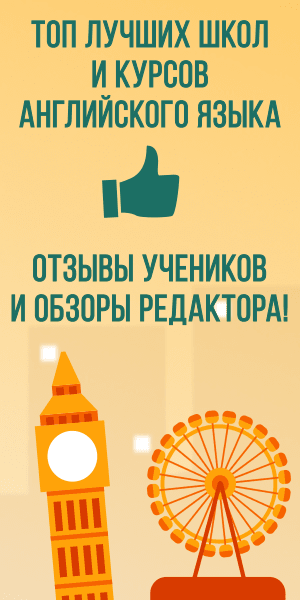Every day we see the economy around, but it has become so commonplace that people just do not notice the obvious. For example, most often we are faced with the economy in the family. Probably everyone knows the phrase “family budget”. Parents distribute the earned money for the purchase of any necessary things. Part of the money is spent on food, part — on clothes, training, public transport, utilities and the like.
But most often people leave a small amount and put it in the so-called “piggy Bank”. Later, these funds can make up a certain capital, which the family can use at their own will and discretion. It can be buying an expensive middle-class car or a family trip to a popular Mediterranean resort. And all this thanks to the correct distribution of funds!
But when else does a person enter into economic relations? The answer is simple. For example, coming to the store, we make the purchase of the proposed product, that is, make a kind of economic transaction. The same can be said about the services of taxis, hair salons, car workshops and so on.
Many people in a market economy are privately owned apartment, house, cottage and more, depending on material wealth. A person has the full inalienable right to own, use and dispose of his or her personal property.
Very popular in our days is the business, which year by year is gaining more and more momentum. Every day we see all kinds of private shops, clinics, shopping centers. They literally surrounded us and became a part of our everyday life.
Thus, from all the above we can conclude that the economy in the modern world plays a leading role. The economy affects many processes that take place in other spheres of social life (especially social). The economy is around us, around each individual.









